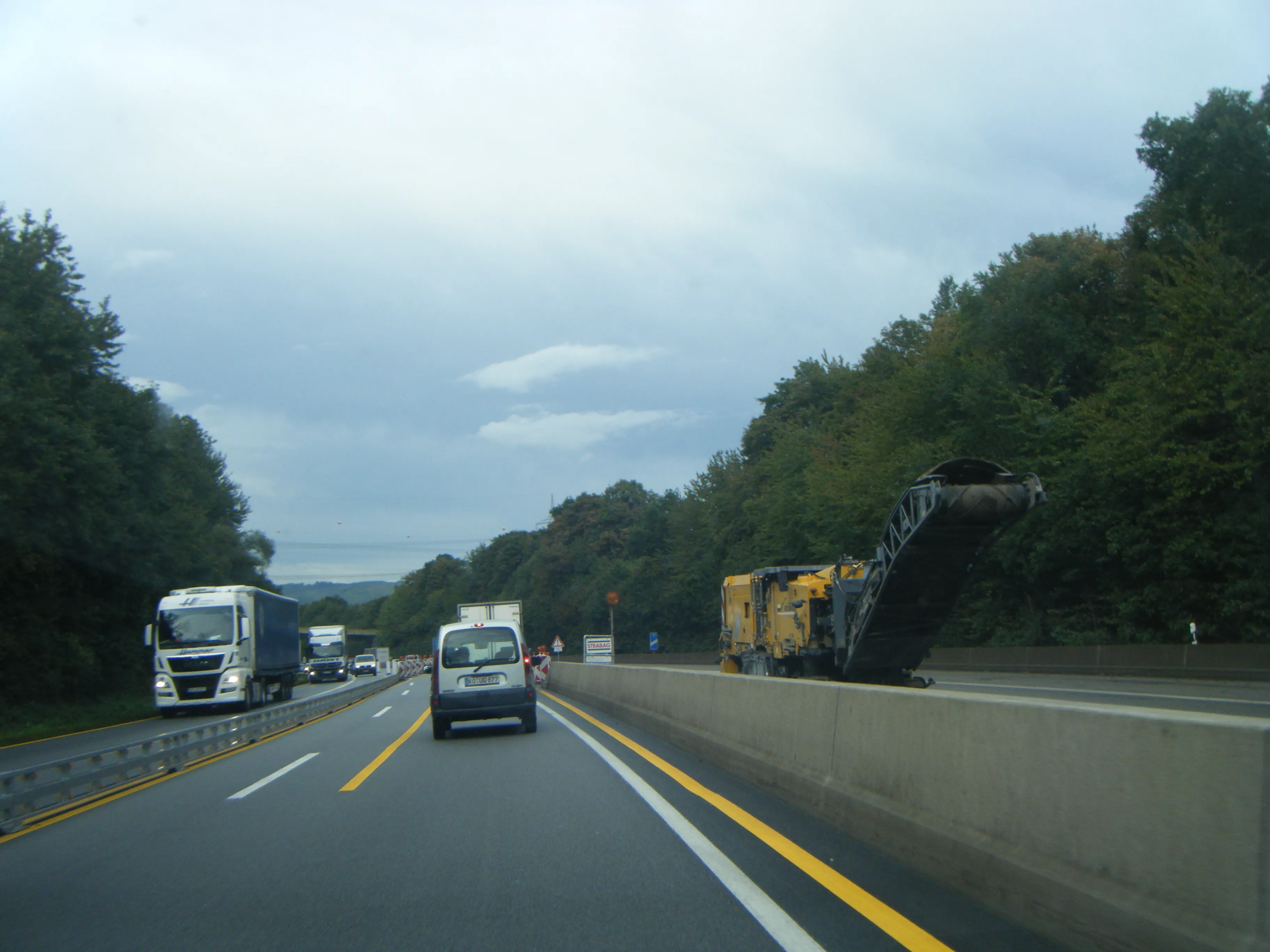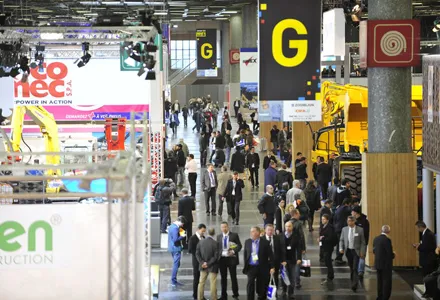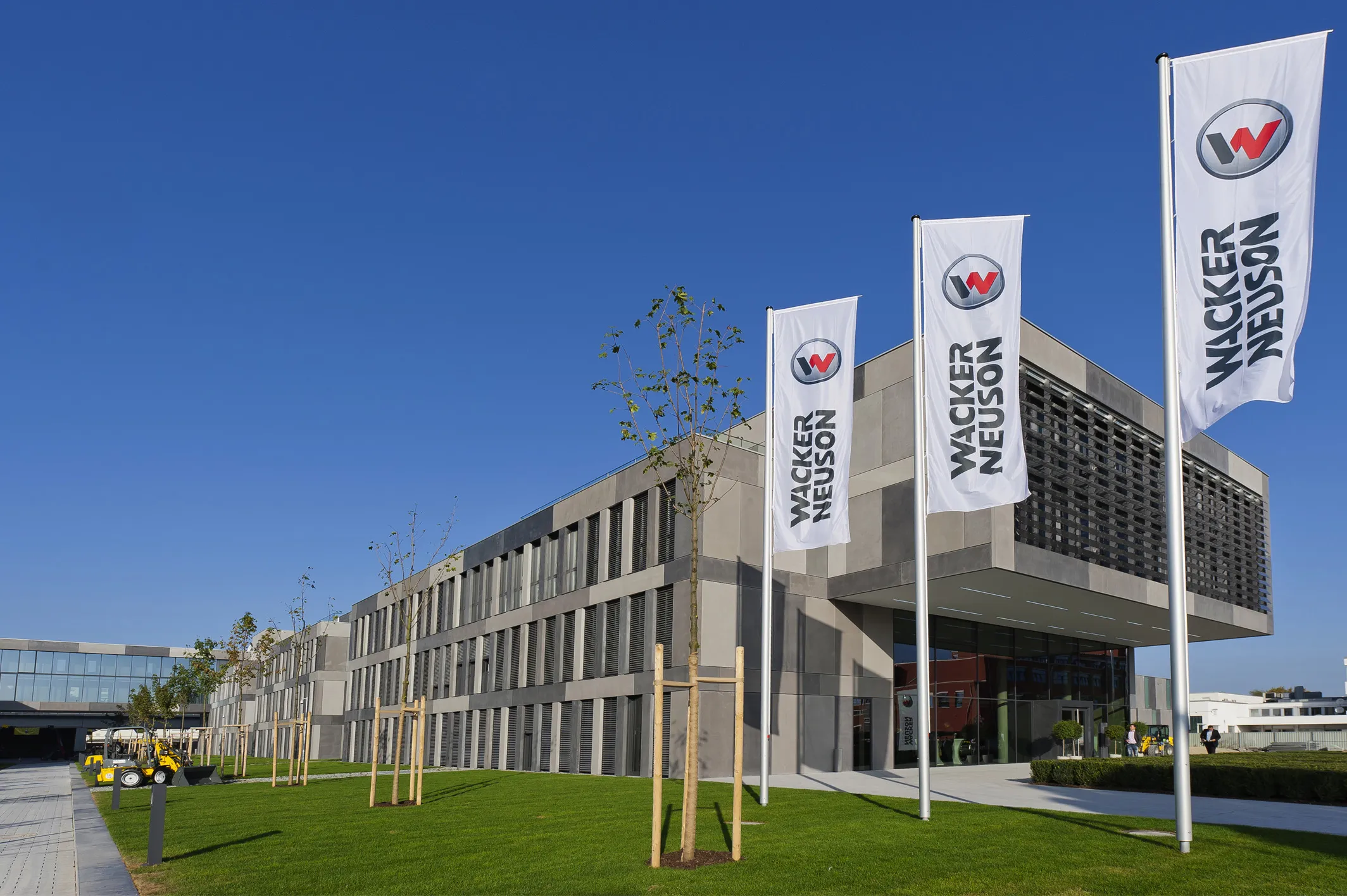
Germany’s construction equipment manufacturers are cautiously optimistic for the future. This is the result of a survey by the VDMA of its construction machinery manufacturing members. According to the report, Germany’s VDMA members are looking to the future with confidence. Industry representatives expect a slight decline in sales of 3-5% this year at an overall stable level.
Once a year, the specialist group meets in January to discuss operational issues and projects for the current year. In economic terms, the industry is still at the record level of 2018, and industry sales in 2019 will match the previous year's figure. The forecast of growth of 3-5% has not been met, and the cyclical downturn began early with road construction machinery. The decline of -12% in sales and -21% in new orders could not be offset by the slight increase in building construction and earthmoving machinery.
Domestic sales for manufacturers at the German production location amounted to €4.3 billion, exceeding all expectations. Exports dropped slightly by 1% to €8 billion. Except for Germany, the trend reversal began towards the middle of the year after bauma 2019. Excluding Turkey and Russia, growth in Europe is at 7%. The Near and Middle East performed poorly at -25%, mainly because of Turkey, and the industry does not expect a recovery there in 2020. No boom is expected in Russia either, despite a 5% increase. Nevertheless, North America achieved growth of 3% in 2019 with a poor fourth quarter, and the South American market grew by 6%, although it is unstable compared to other markets. China is still the world's largest construction machinery market and grew 8% in 2019. Here too, growth has already slowed.
The representatives of the construction machinery manufacturers expect the industry's sales in Germany to fall by 3-5% in total for this year. "We are still at an all-time high despite the turnaround. We are seeing a healthy development because there are no major fluctuations but only a moderate decline. However, the individual divisions are not developing evenly," said Franz-Josef Paus, chairman of the German Construction Machinery and Building Material Plant Association, summarising the situation. Overall, the construction industry in Germany and Europe remains stable.
This confidence is also reflected in the CECE Business Climate Index, an early indicator of economic sentiment. While the curve followed a continuous downward trend from the middle of the year until November 2019, it changed direction from December onwards and has been pointing upward since then.
Another reason for the optimism is the fact that manufacturers are able to meet the challenges associated with climate change and European climate and environmental targets and offer solutions. For decades, work has been underway at EU level to reduce emissions. Particulate emissions and NOx emissions from off-highway diesels have been significantly reduced. There is already a range of construction machinery with hybrid or electric motors, and digitalisation and automation are increasingly optimising construction. This has positive effects on CO2 emissions. At this point, manufacturers and users are working together across the board to make the construction site of the future possible. The most recent example is the Machines in Construction MiC 4.0 joint venture, in which the technical prerequisites are being created. In the future, these efforts are to compensate for part of the shortage of skilled workers, ensure resource and energy efficiency on the construction site and make it possible to incorporate process data into BIM.







